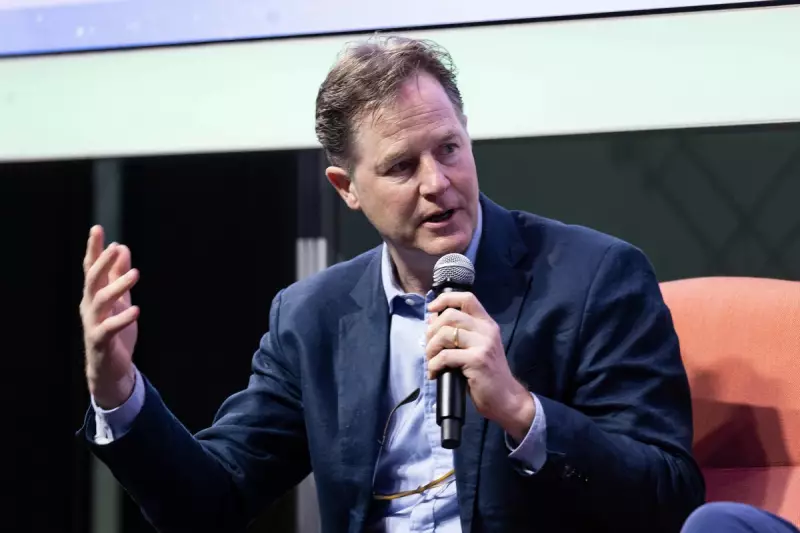
Former Deputy Prime Minister Nick Clegg has found himself at the centre of a generational debate after offering career advice that many millennials are calling wildly out of touch with modern workplace realities.
The Authenticity Controversy
In recent comments, the former Liberal Democrat leader and current Meta executive suggested that young professionals should bring their "authentic selves" to work. This well-meaning advice, however, has been met with scepticism and frustration from a generation grappling with precarious employment and rising living costs.
Many millennials argue that Clegg's perspective reflects a privileged position that fails to acknowledge the economic pressures facing today's workforce. "Being your authentic self is a luxury many can't afford when you're worrying about making rent," commented one young professional on social media.
Generation Under Pressure
The backlash highlights a growing divide between baby boomer career advice and millennial workplace experiences. While previous generations often prioritised job security and climbing the corporate ladder, millennials face:
- Stagnant wages despite rising qualifications
- The gig economy and zero-hours contracts
- Sky-high housing costs impacting career choices
- Mental health pressures in increasingly demanding workplaces
One commentator noted that "authenticity becomes considerably easier when you're not living paycheck to paycheck."
The Privilege Divide
Critics point to Clegg's career trajectory - from Cambridge University to politics and now a senior role at one of the world's largest tech companies - as emblematic of a disconnect with ordinary workers' experiences.
The debate raises important questions about whether career advice from successful figures accounts for the very different economic landscape facing younger generations. As one Twitter user put it: "My authentic self can't pay my student loans."
This controversy reflects broader conversations about generational fairness, workplace culture, and whose voices are heard in discussions about the future of work.





